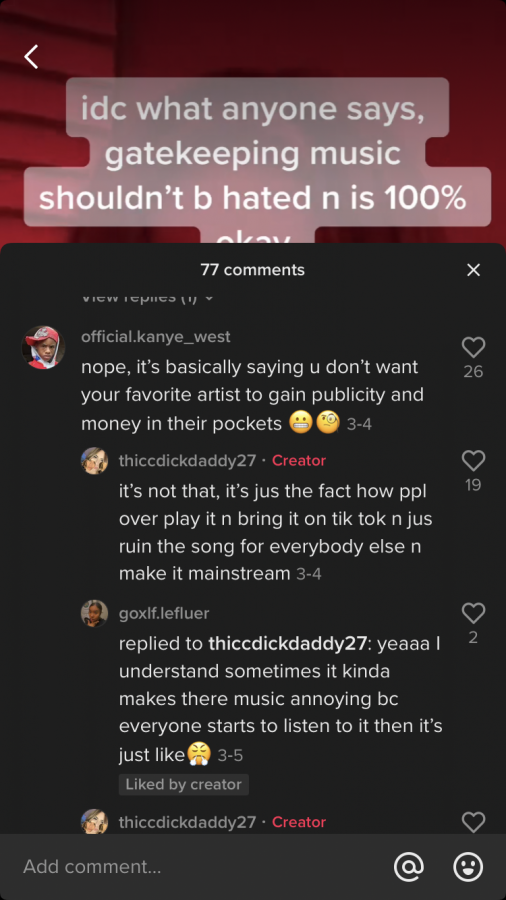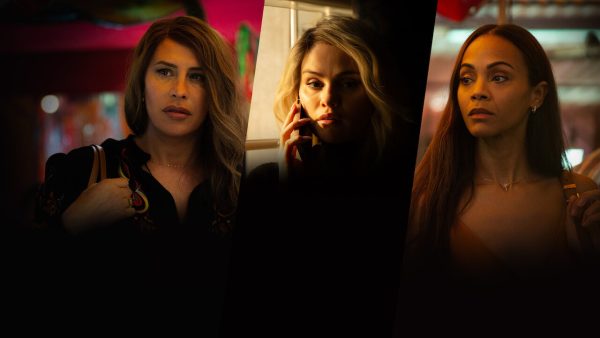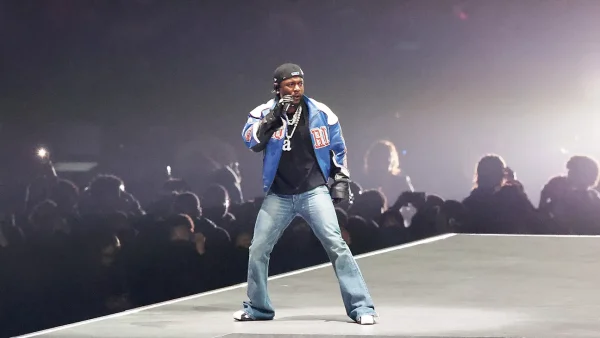Gatekeeping music is weird and doesn’t benefit anyone
Whenever a music artist blows up on TikTok or any social media site, people make comments about how the social media site is going to ruin the artist. A lot of supporters make comments about how they knew the artist before they blew up and that any new fan is a fake fan. They’ll even go as far as saying that the song is now ruined because it became mainstream.
We’ve seen artists like Lil Nas X, Doja Cat, and Olivia Rodrigo blow up because of TikTok. These artists have been breaking records and being at the top of multiple music charts. There have also been artists who have been popular for quite a long time who have older songs blow up again on the app. This has happened with The Neighbourhood, the Arctic Monkeys, and Fleetwood Mac.
“I think gatekeeping music doesn’t really make sense most of the time.” Said Junior Ozioma Jatto “If you really love an artist then you should want to tell everyone about their music. You should want success and popularity for them”
It’s quite confusing why these people wouldn’t want their favorite artist to blow up and get more recognition. The way that modern-day gatekeeping works is by not telling someone the name of a song because you don’t want them to listen to the same music as you or by quizzing someone on their knowledge of an artist. There seems to be one main reason that plays into the reason as to why they don’t want an artist to gain more popularity which is that they have an individual complex.
This can be seen with artists like Tyler, the Creator, where older fans will say that if you like his most popular album then you aren’t a real fan. The reason “Flower boy” and “ Igor” are so popular is because people genuinely think the album is good. The same goes for any artist when saying that their most popular song is their audience’s favorite. There’s a common trend that you see with older fans when they comment on something they don’t know about Tyler. They’ll say things like “flower boy fans” or “new fan” mocking the new fan for not knowing something. Those types of fans expect people to know everything about an artist. They want to be part of something exclusive and don’t want other people to enjoy an artist.
“I wouldn’t want people to gatekeep my music,” said Jatto. “My upcoming music projects already target a certain demographic of people and so it will reach those people. Don’t gatekeeping music, share it. It’s a great feeling when you can see the diversity of listeners.”
The practice of gatekeeping an artist only hurts the artist more. When an artist blows up they are able to get reconsigned by big music labels and create an actual income out of their music. They’re able to improve their music by collaborating with other artists and learning from people who have more experience. It allows them to create more music for listeners to enjoy, which is what everyone wants. Writing comments like “let’s hope TikTok doesn’t ruin this song” or “hope this song doesn’t blow up on TikTok” is more of a backhanded compliment than anything. Especially in this day and age where a song going viral on TikTok could change someone’s life.
“I was pushing it on my account for I guess a few months until it finally picked up on TikTok,” said Lil Nas X in a genius interview “Then, I didn’t have to do much after that because it’s been skyrocketing ever since. ”
Artists like Lil Nas X have had their lives changed because of Tik Tok and having their songs go viral. Lil Nas X even got signed to Columbia Records, a record label that has signed artists like Beyoncé, Adele, and many more notable artists.
Gatekeeping an artist doesn’t benefit them in any way and is mainly used as an ego boost for people who want to feel better about themselves.
“Also in a society like today gatekeeping music doesn’t even really exist, at least not successfully.” said Jatto “With things like google and Shazam it’s really easy to discover new artists and new music.”
Your donation will support the student journalists of Parkdale High School. Your contribution will allow us to cover our annual website hosting costs and publish some printed editions, as well.

Guadalupe Vidal is in her second year of journalism and is junior soon to be a senior. She joined journalism after thinking of pursuing journalism as a...







